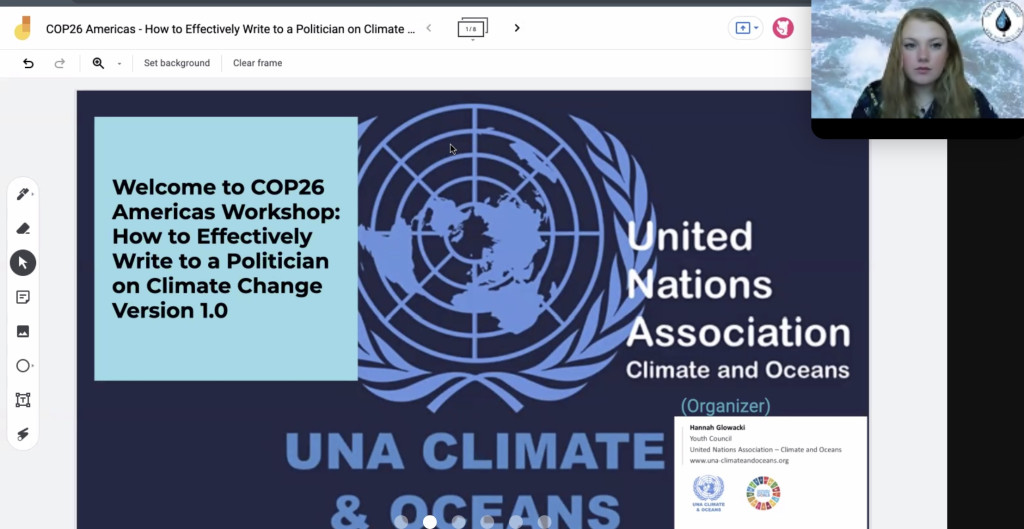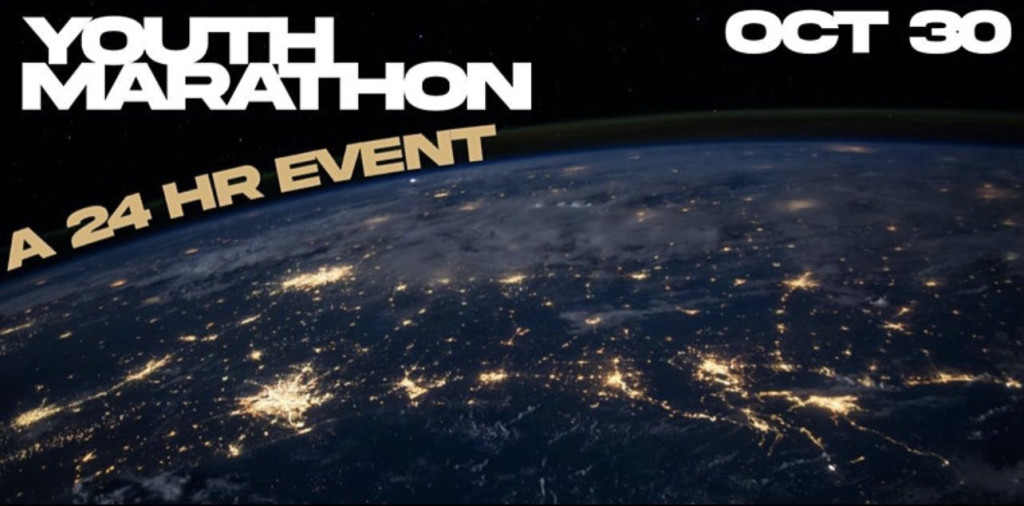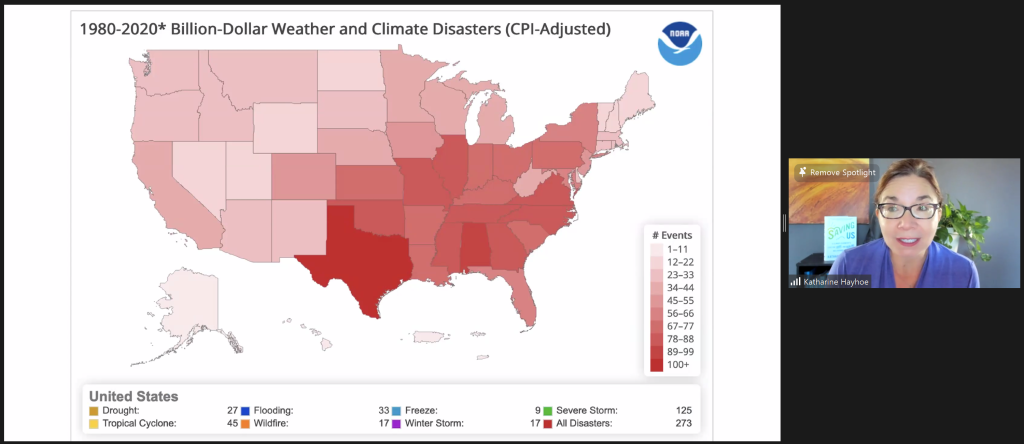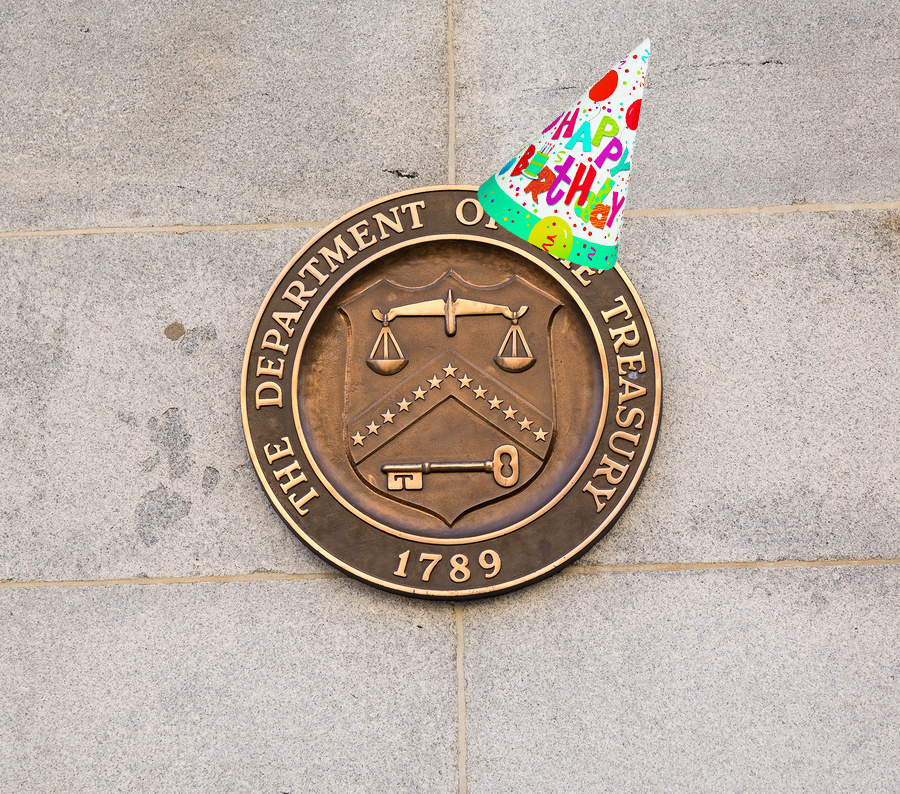Oil Profits = Environmental Deficits
Two things happened yesterday that are worth noting.
First came the news that the world’s biggest oil producer, Saudi Arabia’s Aramco, saw its income rise by 300% in the second quarter of 2021 as it and the world “recover” from last year’s COVID-19 induced shutdowns. This news followed last month’s report from America’s largest fossil fuel company, Exxon Mobil, that its second quarter income had skyrocketed to $4.7 billion this year versus a deficit (loss) of $1 billion during the same time frame last year. If you are an oil company it sure seems that happy days are here again.
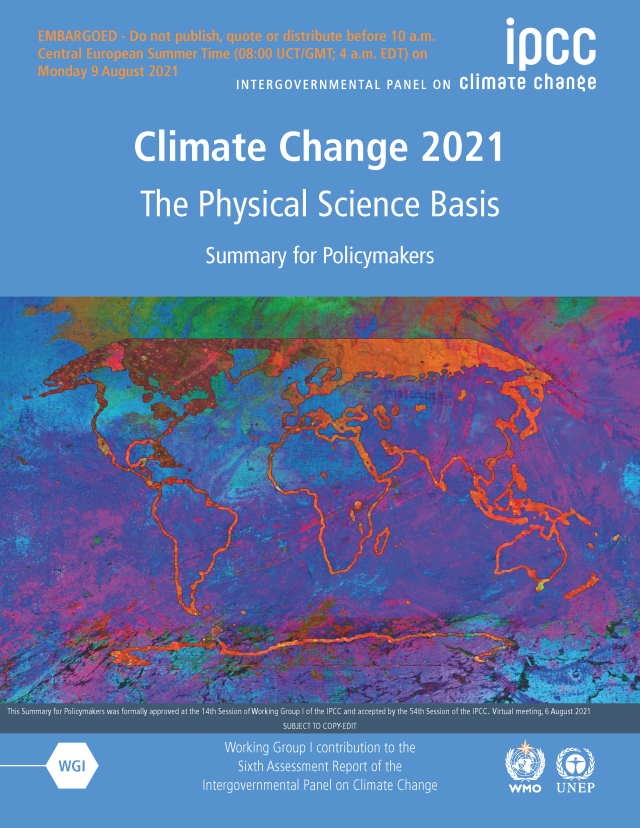
And speaking of deficits the second piece of news yesterday arrives in the form of the United Nations’ Intergovernmental Panel on Climate Change’s (IPCC) interim Working Group report that was published yesterday ahead of next years comprehensive Sixth Assessment Report (AR6) that will be published in September 2022. Yesterday’s report is more than 3,000 pages long and includes the findings of 234 scientists whose first draft alone was was peer reviewed by 23,462 experts who then considered over 51,000 comments and includes over 14,000 citations.
Yesterday’s report paints an increasingly bleak picture for our natural environment while vividly illustrating that the damage that’s being done is caused by the same love affair humans have long had with oil that’s boosting those oil companies profits into the sky, a sky that their product’s pollution and our use of is destroying.
Key findings in the report, which you can find here, include:
- The past five years have been the hottest on record since temperatures were first measured in 1850.
- Global surface temperature was 1.09°C higher during the 2011-2020 decade than it was during the decade between 1850-1900.
- The authors conclude that human influence on these rising temperatures is “unequivocal”, that it is “very likely” (there is 90%+ agreement amongst the authors) that mankind is warming our climate, the main driver of the global melting of glaciers that earth has experienced since the 1990’s, as well as the decrease being experience in Artic sea-ice during this same period.
- It is “virtually certain” that the heatwaves being seen around the world have become more frequent and intense since the 1950’s while cold events are less frequent and severe.
- Natural gas methane, a polluting greenhouse gas like carbon dioxide, is skyrocketing and at its highest point in 800,000 years.
- Warming is happening faster than scientists previously thought; likely reaching a 1.5 degree increase over the next decade or two, far sooner than predicated in the past, 2 degrees by 2050 and 3 degrees by 2100.
“The ice melt is accelerating and it’s going to be unbelievable over the next decade or two. We’re just at the beginning.”
Dr. Hal Wanless
University of Miami Professor of Geography & Urban Sustainability
Earth’s warming temperatures and melting ice is a very bad combination for places like South Florida, places surrounded by water. Michael Byrne, a client researcher at the University of Oxford, explained the report’s findings this way: “The effects of global warming are no longer in the distant future or in far-flung corners of the world. We knew what was coming and now it’s here.”
Mr. Byrne, like Dr. Wanless, is right.
Rain bombs.
Drought.
Extreme flooding.
Wildfires.
Ice melt.
Sea level rise.
More and stronger hurricanes.
They are all upon us and nearly no one that steps outside of their home does not see, smell, or feel the heat that is driving us to disaster.
The solution?
As always, the solution is that mankind must dramatically reduce and soon thereafter eliminate its use of the fossil fuels that we know are warming earth’s climate. The science aside, yesterday’s IPPC report notes that there is hope that we can limit the worse impacts of our growing climate crisis and that hope is founded in reducing and eliminating the pollution. Stated simply, if we cut global carbon dioxide emissions by 50% by 2030 (8.5 years!) and eliminate it by reaching net zero carbon emissions by 2050 or so we can reduce the most severe impacts of our climate crisis.
But we are running out of time.
As oil company profits surge and too many politicians put their political futures ahead of our planets’ time is simply running out. The United Nations’ Secretary General Antonio Guterres is right to call the report a “code red for humanity” and thus the question is will governments, industry, and people the world over take action before it’s too late? We have defined the problem. We know what needs to be done. The critical question facing each of us is does mankind have the will to actually solve the problem or will the priorities of profits and politics soon sink places like South Florida?
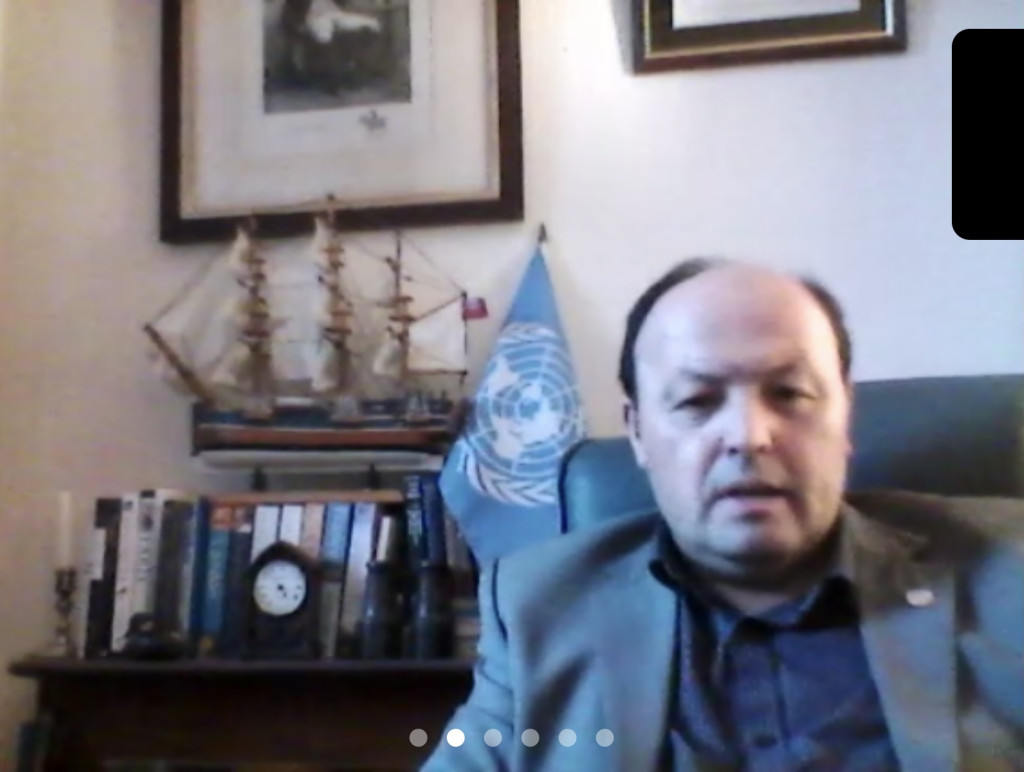 Allow me to thank Dr. Hayhoe and Ms. De Sousa for their incredible work and passion. And speaking of passion, allow me to also thank the United Nations Association; acclaimed Gonzalo Alvarez, United Nations Marine Biologist and Oceanographer; and Hannah Glowacki and Karl Birkholtz, UNA Youth Council Members, for helping to organize and support this important event.
Allow me to thank Dr. Hayhoe and Ms. De Sousa for their incredible work and passion. And speaking of passion, allow me to also thank the United Nations Association; acclaimed Gonzalo Alvarez, United Nations Marine Biologist and Oceanographer; and Hannah Glowacki and Karl Birkholtz, UNA Youth Council Members, for helping to organize and support this important event.
